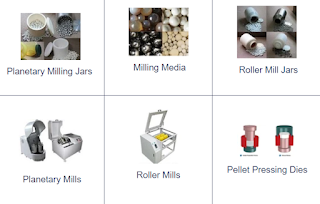What’s the Difference Between Anode and Cathode Materials?

An anode is a negative electrode coupled with cathode constituents. The anode supplies perform as the host where they reversibly let lithium-ion intercalation/deintercalation throughout charge or discharge cycles. Significant advancements have been made in rechargeable batteries and most of this work is clearly witnessed in electrical vehicles. Consequently, common terms like anode and cathode gained visibility. While both can be defined by the flow of current, there is a drastic difference between the two, which needs more clarity. So, in this post, we will walk you through what is anode material , what is cathode, how they work, and where they are used. Anode vs Cathode: An Overview Anode An anode is basically a negative electrode and one of the most important portions of a battery. It’s generally made of a metal that oxidizes and leads electrons to the cathode (the positive electrode). This is an electrochemical response that produces electrons (i.e., electricity). ...

